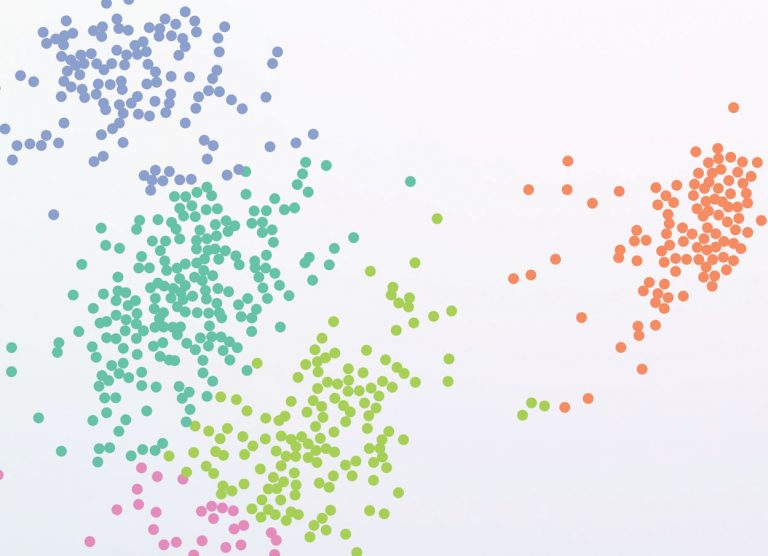Why paying individual people for their health data is a bad idea

In a recent article in the renowned journal Nature Medicine, Barbara Prainsack and Nikolaus Forgó of the University of Vienna’s Research Platform Governance of Digital Practices argue against the proposal that individual people should be paid for their data by the companies using the data. What may seem a fair solution at first glance would increase inequalities and make privacy a service that only the wealthy can afford. Data taxes and other corporate taxes are a much better way to ensure that some of the profits that companies obtain with people’s data are returned to people and communities.
Paying individual people for their data may superficially appear emancipatory, but it is highly problematic. Individual-level monetization is likely to lead to a situation in which the rich pay with money, whereas people on low incomes pay with data. The negative effects from this will be especially felt in societies where there is limited public healthcare and a reliance on the private purchase of health and other services, leading to an increase in social and economic inequalities, so that privacy becomes a privilege of the wealthy.
A more equitable solution is for data to be treated as collective property that is jointly owned and governed by citizens. If combined with the prohibition of harmful data practices and corporate taxation mechanisms fit for digital economies, these measures will help to ensure that people and communities benefit from the use of their health data.



